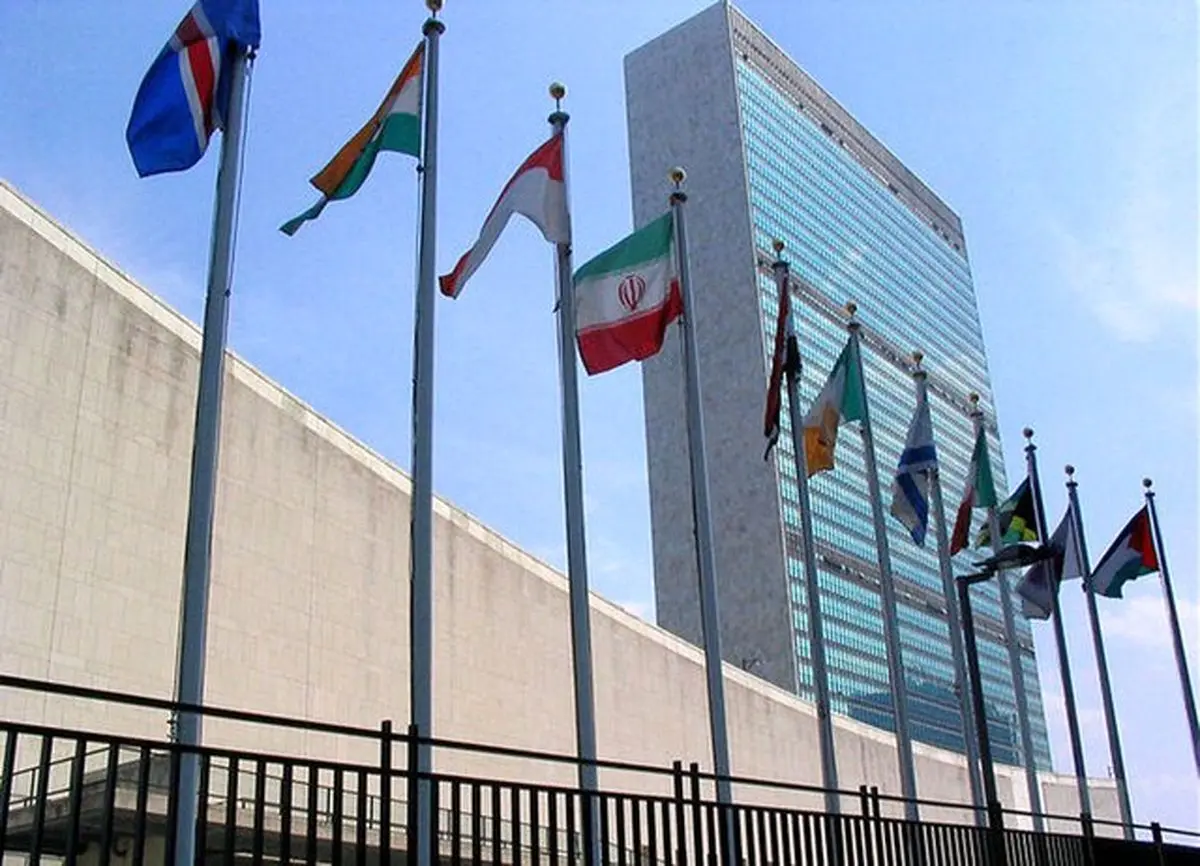SAEDNEWS: Iran’s nuclear issue has resurfaced at the center of global diplomacy as the snapback sanctions deadline approaches. While Russia seeks to buy time with a six-month extension, the West insists on maximum pressure, leaving Tehran caught between diplomacy and red lines.

Iran’s nuclear file has once again risen to the top of global diplomatic agendas. The “snapback mechanism” — a procedure that could reinstate all UN Security Council sanctions against Iran — is now closer than ever to activation. A Wall Street Journal correspondent reported: “If the snapback is to be triggered this week, it could even happen tomorrow.” This remark reflects the growing seriousness of maximum-pressure strategies pursued by the European troika (E3) and the United States.
Amid escalating tensions, Al-Monitor reported that Russia has circulated a revised draft resolution at the UN Security Council. The draft specifically extends Resolution 2231 for six months and suspends “any substantive review of the resolution’s implementation and the JCPOA” during that period.
In simple terms, Moscow is seeking to buy time for further diplomatic consultations and prevent the immediate reimposition of UN sanctions. However, the Wall Street Journal noted that the US and the three European powers plan to reject this proposal. Ahmad Bakhshayesh Ardestani, a member of Iran’s parliamentary National Security Commission, told Rouydad24 that this proposal primarily benefits the West, explaining: “The extension gives the US and Europe the chance to assess Iran’s nuclear sites through IAEA inspections following the B-2 bomber strikes.” He added that Iran has no interest in an extension and would even prefer the resolution to end altogether.
Dispute Over IAEA Access
Alongside these developments, cooperation between Iran and the International Atomic Energy Agency (IAEA) remains contentious. According to Associated Press, citing diplomatic sources, a final agreement on the level of IAEA access to Iran’s facilities has not yet been reached, but is expected soon.
Currently, inspections only cover facilities not affected by US and Israeli attacks. These limitations reveal Iran’s attempt to manage and restrict IAEA access — a move that could worry Western powers.
Geneva Talks: Last-Minute Diplomacy
Yesterday, a new round of negotiations was held in Geneva between Iran, the three European countries, and the European Union. Iran was represented by Majid Takht-Ravanchi and Kazem Gharibabadi, while the political directors of the French, German, British, and EU foreign ministries attended on the other side. The talks focused on the future of Resolution 2231, Europe’s threat to trigger the snapback mechanism, and the possibility of extending the deadline to find a diplomatic solution.
After the talks, Gharibabadi stressed that Iran remains committed to diplomacy and a win-win solution, noting that the ball is now in Europe and the Security Council’s court.
Scenarios Ahead: Extension or New Crisis
Ham-Mihan newspaper reported that Iran may reluctantly agree to extend Resolution 2231 to avoid the immediate return of UN sanctions.
In the extension scenario, there would be a short window to pursue a more comprehensive agreement. But if efforts fail and sanctions return, Iran may seriously consider withdrawing from the NPT — a move that could trigger a new crisis in Iran-West relations.
Overall, Iran’s nuclear issue is once again at a critical juncture. Russia is pushing for a six-month extension to buy time, Europe and the US are intent on maximizing pressure, and Iran is striving to uphold diplomacy without crossing its red lines.
Although the possibility of a temporary deal still exists, the West’s recent stance has made the risk of renewed UN sanctions more serious than ever. The coming weeks will determine whether this file moves toward new diplomatic opportunities or spirals into a full-blown crisis.

